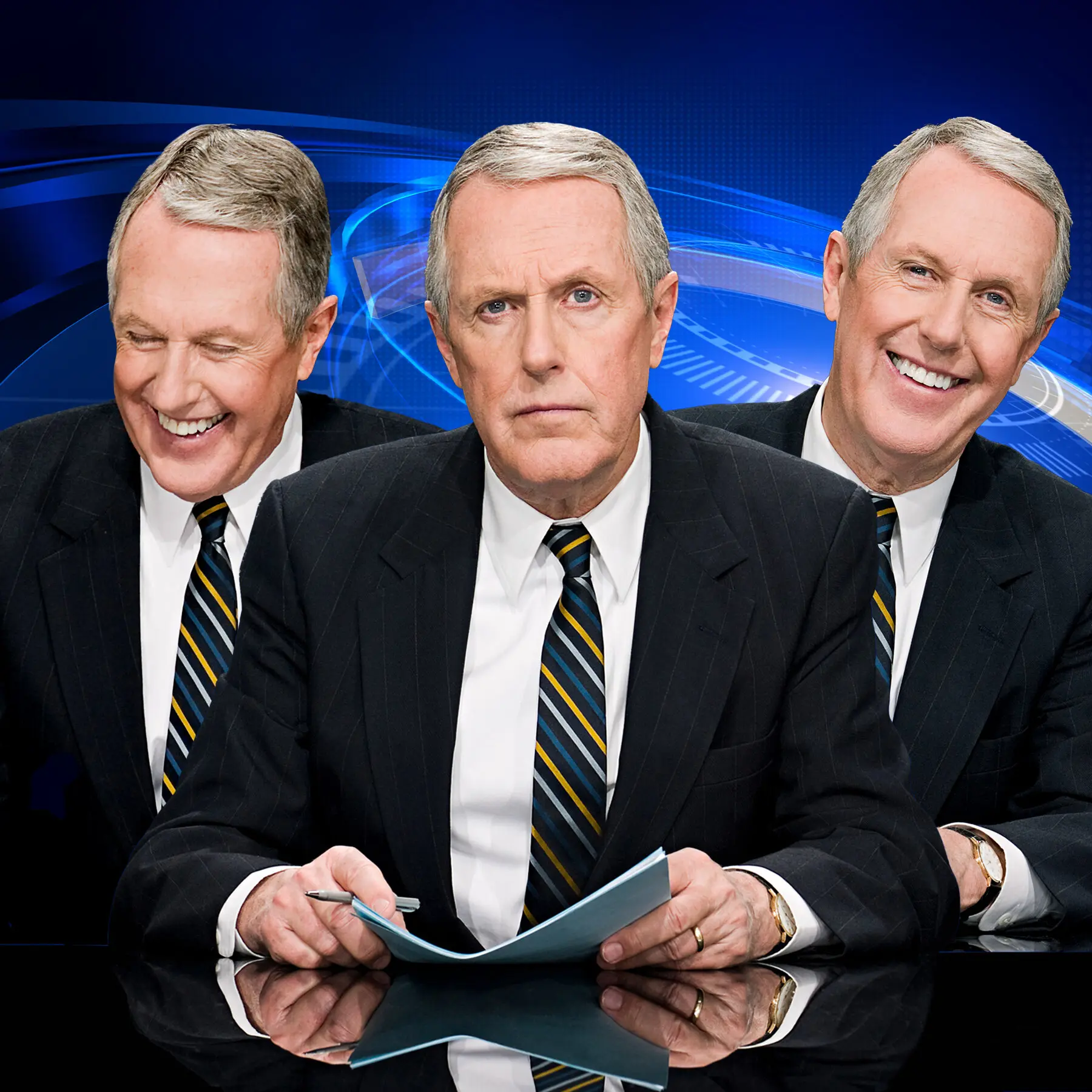In the landscape of American network news, recent developments have sparked an urgent conversation about representation and the need for diverse voices in journalism. Norah O’Donnell’s announcement that she would step down as anchor of “CBS Evening News” after five years marks a significant transition, not just for CBS but for the broader media landscape. O’Donnell’s tenure, characterized by her intelligence and grace, served as a reminder of the importance of having women in prominent positions in news media. However, her replacement by two men, John Dickerson and Maurice DuBois, raises concerns about the continued underrepresentation of women, particularly women of color, in journalism's upper echelons.
O’Donnell’s contributions to CBS were profound and influential. Throughout her time as anchor, she tackled critical issues, particularly those affecting women. From addressing sexual assault in the military to exploring the long-term impact of COVID-19 on women, her reporting brought to light stories that mattered to a significant portion of the audience. O’Donnell was not only an anchor; she was a force driving narratives that had previously been overlooked, and her commitment to highlighting powerful women, including high-ranking military officials and corporate leaders, showcased her dedication to fostering a more inclusive representation of America.
The timing of O’Donnell’s departure coincided with a monumental moment in sports. The U.S. Women’s Gymnastics team showcased not only extraordinary athleticism but also a vibrant diversity that mirrors the nation. The team’s success at the Paris Olympic Games was celebrated not just for its achievements but also for its representation, being a collective of young women from various backgrounds. This year marked a historic milestone, with women competing on equal footing with men at the Olympics, symbolizing the progress made toward gender equality in sports. Watching a young Black gymnast practicing in her living room, aspiring to Olympic greatness, underscored the importance of representation in inspiring future generations.
As we stand on the brink of potentially electing the first woman president—and the first woman of color to hold that office—the necessity for a diverse journalism team becomes even more pressing. Coverage of this historic election should reflect the tapestry of American society. It is vital to have journalists from varied backgrounds reporting on stories that resonate with all Americans, ensuring that the narratives told are comprehensive and multifaceted.
Given this context, it is disappointing to learn that O’Donnell will be succeeded by two male anchors. While both John Dickerson and Maurice DuBois are respected journalists in their own right, the shift highlights a troubling trend within the major networks. After O’Donnell’s exit, the three major networks will be led by male anchors, sidelining female perspectives. While Margaret Brennan will contribute from CBS's Washington bureau, the primary presence on the evening news will be dominated by men.
Behind the scenes, the editorial decisions will also be made by a homogenous group of white men: Bill Owens, Guy Campanile, and Jerry Cipriano. While Cipriano was an invaluable writer during my time on “Evening News,” his expertise, though commendable, reflects a broader issue: the need for diverse leadership in shaping the narratives presented to the public. It is imperative that the editorial teams behind these broadcasts include individuals from various backgrounds and experiences, as this diversity directly impacts the stories that are prioritized and how they are framed.
The importance of representation in media extends beyond merely having diverse faces on screen. It influences the narratives we consume, the issues that are covered, and how they are presented. A singular perspective can result in the exclusion of vital stories and voices that deserve attention. As media consumers, we must advocate for a landscape that reflects the true diversity of our society.
Moving Forward: A Call to Action
As we look ahead, the media industry must prioritize diversity at all levels. This commitment involves not only hiring practices that favor a broader representation but also fostering an inclusive environment where diverse voices are empowered to shape the editorial direction. Media companies need to recognize that a diversity of perspectives enriches storytelling and helps build a more informed society.
Furthermore, organizations and networks should actively seek out and cultivate talent from underrepresented groups, ensuring that the next generation of journalists includes women, people of color, and those from varied socioeconomic backgrounds. By doing so, they will create a media landscape that is not only reflective of the audience it serves but also resonates with the experiences and concerns of all Americans.
In conclusion, as Norah O’Donnell steps down from her role, it serves as a reminder of the ongoing struggle for representation in network news. The transition toward a predominantly male-led evening news landscape highlights the need for continued advocacy for diversity and inclusion in journalism. If the media is to fulfill its role as the fourth estate, it must strive to reflect the complexities and diversities of American life, ensuring that all voices are heard and valued. Only then can we hope to achieve a more comprehensive understanding of the world we live in.



